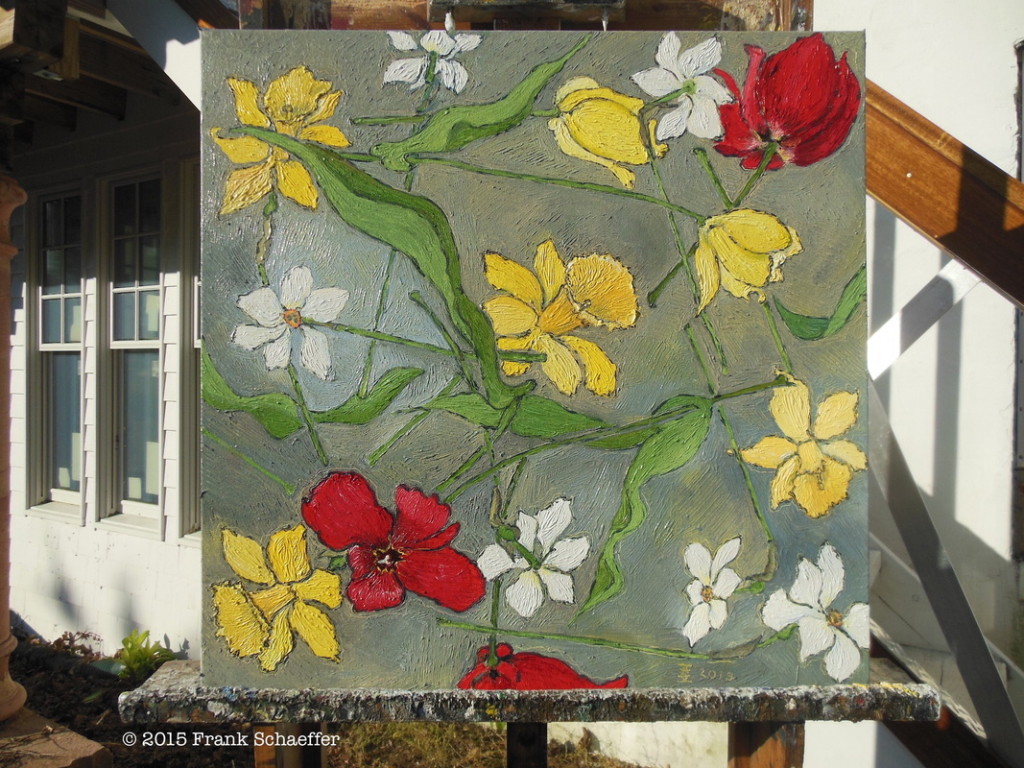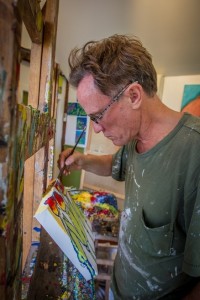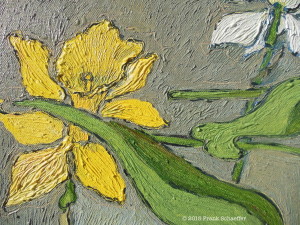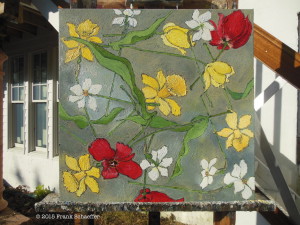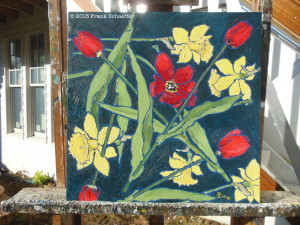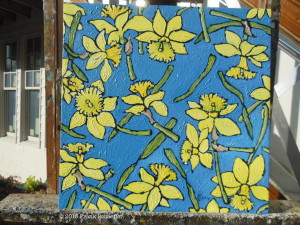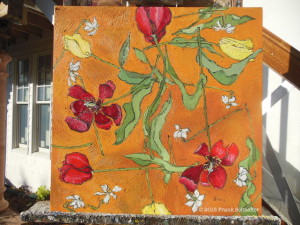
Guest post by Evangelicals for Social Action
At the Sider Center we make a point of discussing topics your grandmother probably told you not to discuss, like sexuality, money, politics, and racism. We think we can talk about these potentially divisive things with love and respect, even if we disagree, because we value theological diversity as much as we do racial diversity. We don’t pretend to know the all the truth, but we know what love looks like. It looks like Jesus—bold and kind, creative and patient. And it’s to make the radical love of Jesus visible in this world that the Sider Center exists.
 The Sider Center of Eastern University promotes peaceful coexistence and social justice through scholarship, community-transformation programs, and loving dialogue across deep differences. Primary avenues for this work include the following:
The Sider Center of Eastern University promotes peaceful coexistence and social justice through scholarship, community-transformation programs, and loving dialogue across deep differences. Primary avenues for this work include the following:
Evangelicals for Social Action (ESA)
Founded in 1973 by scholar-popularizer-activist Ronald J. Sider, ESA is the premier project of the Sider Center. ESA promotes peace with justice by educating and energizing the church through online publications (our blog, the weekly ePistle, study guides), hands-on training (such as our Racial Justice Institute), and speaking engagements.
Associate Fellows for Racial Justice
Because racial justice is so important to the Sider Center and to ESA, in 2016 we brought on Micky ScottBey Jones and Darren Calhoun as our Associate Fellows for Racial Justice. Micky and Darren focus ESA’s work on racial justice and reconciliation while leading our campaigns for racial justice and equality through social media, writing, and public actions.
Sider Scholars
Our work is supported by Sider Scholars who work 10 hours per week at the Sider Center, receiving a scholarship for 50 percent of their tuition towards Palmer graduate programs, like the Master of Theological Studies in Christian Faith and Public Policy.
Oriented to Love
Oriented to Love helps Christ-followers gather in loving, respectful dialogue around the topic of sexual and gender diversity in the church. Retreating to a place of beauty and rest for two days, together we discover a unity that is deeper than agreement.
CreatureKind
CreatureKind exists to engage churches in new ways of thinking about animals and Christian faith, with a special focus on farmed animal welfare. CreatureKind also helps churches play a leading role in animal theology and protection.
Family Advocates
The Sider Center partners with the Family Strengthening Network to provide Family Advocates in local churches and other organizations who can work with families on complex issues like employment, housing, childcare, financial management and counseling.
Latino/a Initiatives
In collaboration with Palmer Seminary, the Sider Center helped launch an online Spanish language master’s degree for educators and pastors in México City, México. This is one of the few graduate theological programs in Spanish that emphasizes women in leadership and holistic approaches to community transformation.
On July 7, Evangelicals for Social Action will host a one-day Racial Justice Institute at the Wild Goose Festival to help participants reflect on, heal from, and discover creative ways to confront racism together. Please join us for this important and timely conversation. Even if you can’t make it, please be sure to stop by and introduce yourself! Throughout the festival, Sider Center staff will also be hosting workshops and conversations on animal welfare and how to communicate safely and lovingly around divisive issues in our faith communities.
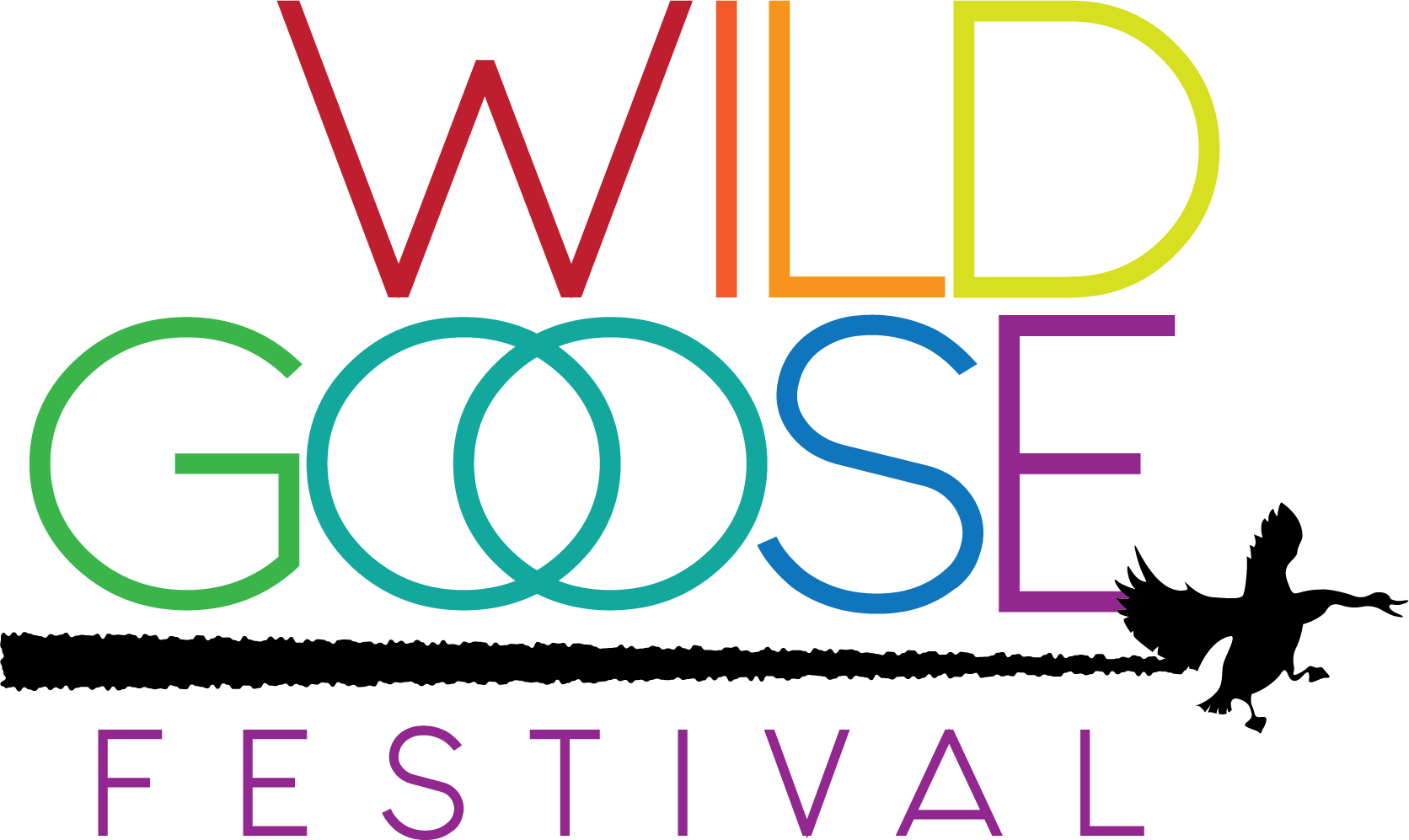


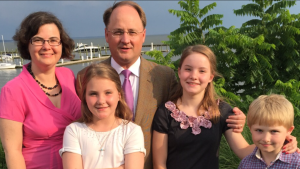

 This year, we’re taking that belief even further with the addition of a new tent called
This year, we’re taking that belief even further with the addition of a new tent called 


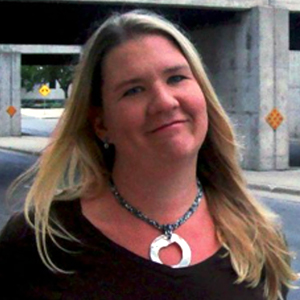 Holly Johnson, Director of Admissions at PLTS, is also a graduate and pastor in the Evangelical Lutheran Church in America. She loves live music, poetry, blurring the lines between sacred and secular, good food, good wine, and she’s a little thrilled that she gets to be at the Festival and call it work. @MinnesotaHolly @PLTSofCLU
Holly Johnson, Director of Admissions at PLTS, is also a graduate and pastor in the Evangelical Lutheran Church in America. She loves live music, poetry, blurring the lines between sacred and secular, good food, good wine, and she’s a little thrilled that she gets to be at the Festival and call it work. @MinnesotaHolly @PLTSofCLU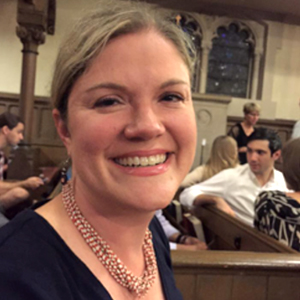 Christa Compton is a graduate of PLTS, and current pastor in New Jersey. She also likes music, poetry, literature, good food and wine. She describes herself as a southern woman who likes to defy stereotypes. @ChristaCompton
Christa Compton is a graduate of PLTS, and current pastor in New Jersey. She also likes music, poetry, literature, good food and wine. She describes herself as a southern woman who likes to defy stereotypes. @ChristaCompton
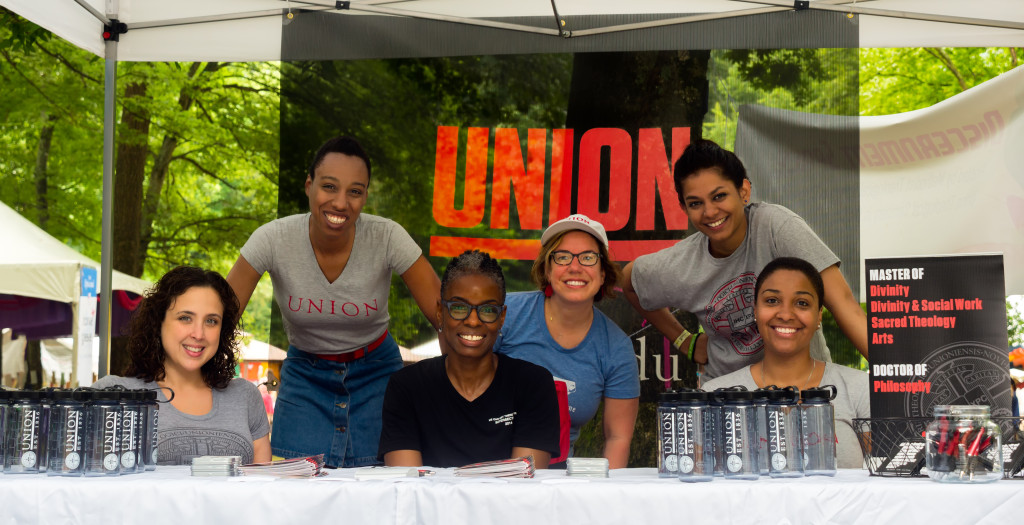

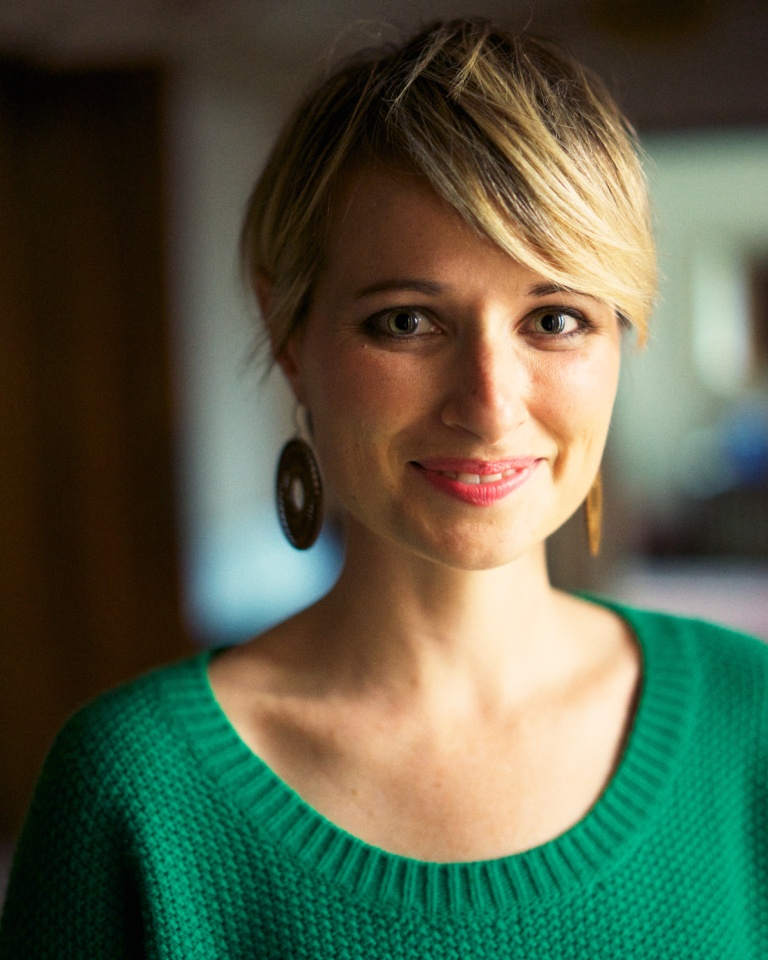
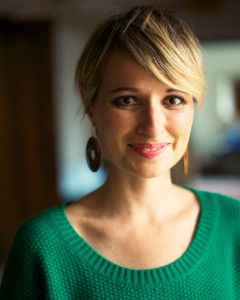 Like all good anthropologists, I started research for my new book Lessons in Belonging from a Church-Going Commitment Phobe with a list of questions, not answers. Why is it so hard to belong to a local church? How do we know when we’ve found the one, and if there is no “one,” how do we make do with one that’s good enough? Can we really share flesh in Christ and not get eaten alive by one another? And when does a church go from being an imperfect one to a toxic one? Will we ever be able to make peace with a church that’s not a place of peace for all?
Like all good anthropologists, I started research for my new book Lessons in Belonging from a Church-Going Commitment Phobe with a list of questions, not answers. Why is it so hard to belong to a local church? How do we know when we’ve found the one, and if there is no “one,” how do we make do with one that’s good enough? Can we really share flesh in Christ and not get eaten alive by one another? And when does a church go from being an imperfect one to a toxic one? Will we ever be able to make peace with a church that’s not a place of peace for all?